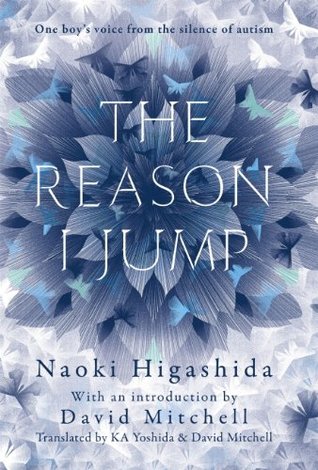More on this book
Community
Kindle Notes & Highlights
Thinking in Pictures by Temple Grandin.
Thinking in Pictures by Temple Grandin.
The Reason I Jump. Its author, Naoki Higashida,
The Reason I Jump. Its author, Naoki Higashida,
emotional poverty and an aversion to company are not symptoms of autism but consequences of autism,
emotional poverty and an aversion to company are not symptoms of autism but consequences of autism,
True compassion is about not bruising the other person’s self-respect.
What the girl wanted to find out was when they were going. She tried to do this by repeating
the only words she could use, ‘all of us’. Here you can see how our missing words tweak your imaginations and send you off on wild-goose chases, here, there and everywhere.
What we’re actually looking at is the other person’s voice.
Voices may not be visible things, but we’re trying to listen to the other person with all of our sense organs.
The truth is, we’d love to be with other people. But because things never, ever go right, we end up getting used to being alone, without even noticing
this is happening. Whenever I overhear someone remark how much I prefer being on my own, it makes me feel desperately lonely. It’s as if they’re deliberately giving me the cold-shoulder treatment.
So it would help us a great deal if you could just use our names first to get our attention, before you then start talking to us.
exercising control over a body, which even its owner can’t properly control.
flashback memories are always bad ones, and from out of the blue I get incredibly distressed, burst into tears or just start panicking.
It’s as if my whole body, except for my soul, feels as if it belongs to somebody else and I have zero control over it.
‘Minding these kids is really hard work, you know!’ but for us – who are always causing the problems and are useless at pretty much everything we try to do – you can’t begin to imagine how miserable and sad we get.
The hardest ordeal for us is the idea that we are causing grief for other people. We can put up with our own hardships okay, but the thought that our lives are the source of other people’s unhappiness, that’s plain unbearable.
by striving for happiness you will arrive at happiness.
But so long as we can learn to love ourselves, I’m not sure how much it matters whether we’re normal or autistic.
When I’m jumping, I can feel my body parts really well,
So when something happens that affects me emotionally, my body seizes up as if struck by lightning.
I’m not free to move the way I want. So by jumping up and down, it’s as if I’m shaking loose the ropes that are tying up my body.
Letters and symbols are much easier for us to grasp than spoken words, and we can be with them whenever we want.
fear that if we keep listening, we’ll lose all sense of where we are.
learn to feel safe and secure even when the noises strike us.
have no clear sensation of where my arms and legs are attached,
because we have problems perceiving and gauging distances.
When you see an object, it seems that you see it as an entire thing first,
only afterwards do its details follow on. But for people with autism, the details jump straight out at us first of all, and then only gradually, detail by detail, does the whole image sort of float up into focus.
‘All human beings have their hardships to bear, so never swerve away from the path you’re on.’
always moving about. I just can’t stay still. When I’m not moving, it feels as if my soul is detaching itself from my body, and this makes me so jumpy and scared that I can’t stay where I am.


